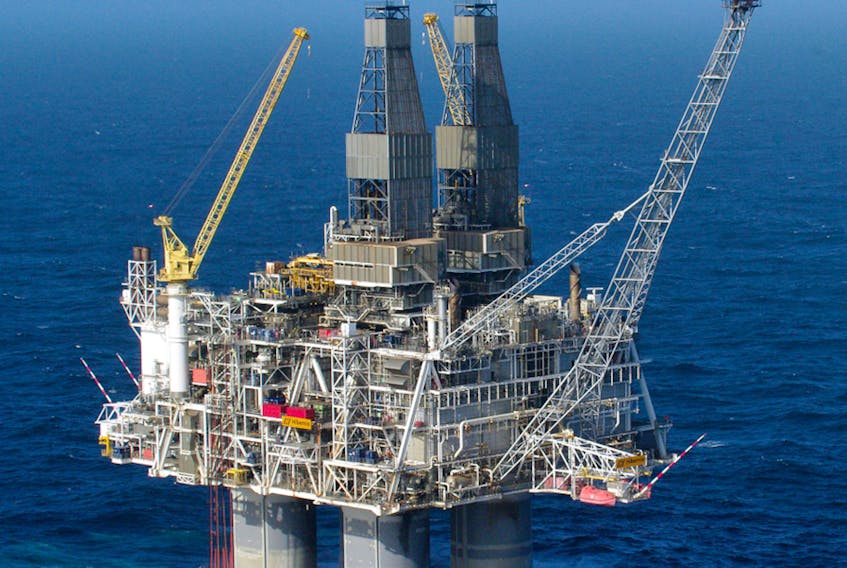There is little doubt that fossil fuel is in the process of being phased out as a preferred energy source. Increased awareness of the importance to meet global climate goals will put pressure on renunciation of fossil fuel as future energy source.
It is predicted that by 2035 about 20 per cent of global energy will come from renewables, such as wind and solar power. Of the remaining 80 per cent, two thirds are expected to come from gas and one third from oil. Historically it has taken takes seven to 11 years from start of development activities of an oilfield until production start-up in our province. This means that new field developments will not start production until we are approaching 2030, and that assumes the fields are discovered and declared commercial by the oil companies. At that point the projects must compete with other energy sources, both economically and with respect to political commitment to reduce carbon emissions.
What can the government do? Encourage more offshore exploration activities through incentives.
In order to meet the emission targets set for 2050, fossil fuel as the preferred energy source is expected to be increasingly less attractive. It should be evident that timing is essential to develop the resources offshore of Newfoundland and Labrador. The resources may stay in the ground unless developments are accelerated.
What can the government do? Encourage more offshore exploration activities through incentives. The recent initiative to allow bid deposits to be reinvested in drilling activities is a good example. Other initiatives, like exploration costs written off against taxes may also be considered. Make the regulatory regime attractive and predictable. Supply a clear regulatory timetable for future field developments and reduce project lead times by looking at means to streamline the approval process.
Remove limiting regulations like the Coasting Trade Act for offshore support vessels. Revisit the local content requirements and provide more clarity in how to interpret them and ensure global competitiveness. This is an area where international co-operation is believed to be essential in order to enhance local competitiveness. Get a pipeline in place to develop offshore gas. As of today, no exploration drilling for natural gas has been undertaken in offshore Newfoundland and Labrador. The gas that has been discovered is a result of a search for oil. This is interesting, as it is believed that there is more gas offshore than the official statistics reveal.
Have there been any incentives to find and develop natural gas offshore this province? No.
In the broadest definition, upstream oil and gas activity is a question of transportation of the commodities. To transport the well stream from the reservoir, process equipment for separation is needed to get rid of sand and water and to separate oil from gas. That is the only rationale for installing an offshore production platform. Transportation is the key word, and the key to transportation is infrastructure. It should be of the highest priority to get a pipeline in place. Natural gas is a valuable energy source in demand all over the world that we re-inject into the ground and burn. Energy up in the air is bad resource management and negative for the environment. Policy actions could be tax and regulatory incentives and/or enforcement of development and production conditions where applicable. There are oil companies had to bring gas ashore at loss in order to profit from the fields’ oil development.
Time is of essence. Policy actions today will decide the future of our province’s offshore oil and gas industry. As there is no way the residents in this province can influence international oil companies’ investment policies, the only option is to try to urge the government to get an attractive framework and infrastructure in place. This is no time to be patient. Action is needed soon.
The natural resources are here. It is up to the government to produce conditions that make it possible for these resources to be developed to the benefit of the environment and the people of this province.
Tor Naess is a St. John’s resident with more than 40 years international engineering and management experience from the offshore petroleum industry.









